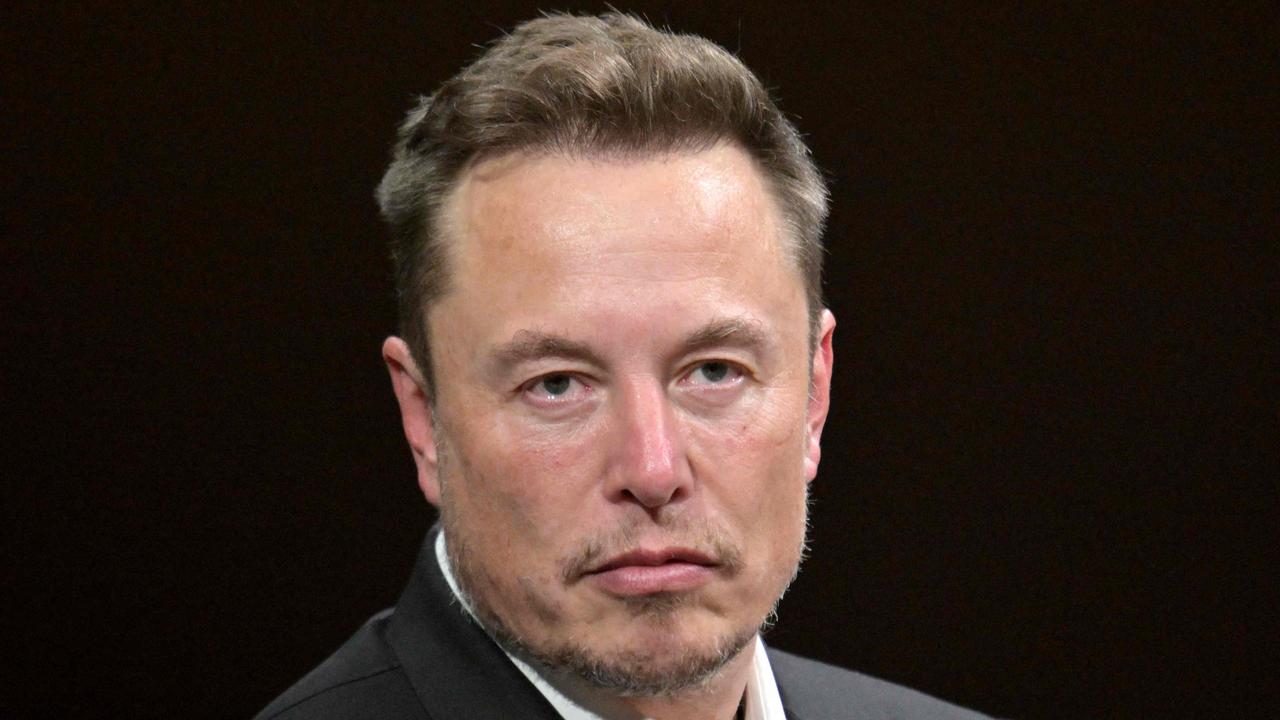[ad_1] Billionaires around the world inherited more wealth than they earned through entrepreneurship over the last year, a study by investment bank
[ad_1]
Billionaires around the world inherited more wealth than they earned through entrepreneurship over the last year, a study by investment bank UBS has found.
The UBS Billionaire Ambitions Report 2023 said that across the globe, 53 heirs inherited $US150.8 billion ($226 billion).
This beat out the amount of wealth accumulated by the 84 billionaires the report describes as “self-made”, which was $US140.7 billion ($211 billion).
It marked the first time since the report began nine years ago that the world’s billionaires inherited more than they earned, and UBS said this number was expected to increase.
“During the next 20 to 30 years, over 1000 of today’s billionaires are likely to transfer more than $US5.2 trillion ($7.8 trillion) to their heirs,” it said.
Through the past year Australia’s billionaires have increased by five and decreased by one, bringing the count from 37 to 41.
By comparison, the US has 867 billionaires, up from 855 last year.
According to the report, 75.6 per cent of Australia’s billionaires are self-made.
Emeritus Professor Franklin Stilwell of the University of Sydney has spent years writing and lecturing about wealth inequality, and said he was sceptical of that statistic.
“I’m sure there’s some statistical basis whereby you could define it to get that number,” he said. “But all I’m saying is that I think there are other statistical bases where you would get a much, much lower number.”
Prof Stilwell said that oftentimes, those who can become billionaires will have at least a base level of wealth or opportunity, whether it be a stable income or a smaller amount of inherited wealth.
Meanwhile, he said a traditional “rags to riches” story is possible, but “not common”.
“If you’ve got nothing to start with, the chances of getting on that upward spiral are remote, if not absolutely zero,” he said.
In terms of Australia’s wealth inequality, Prof Stilwell defined it as “mid-ranking”.
“We’re not as unequal according to almost all the measures as the United States, for example,” he said.
“But we’re nowhere near as equal as the Scandinavian or Nordic countries — Sweden, Finland, Denmark, Norway — or for that matter, Japan. Those countries are all much more egalitarian in their distributions of income and wealth.”
Prof Stilwell said one of the factors behind this difference in equality is Australia’s absence of inheritance tax, which is standard in many countries across Europe.
However, he said that the issue went beyond billionaires, but spoke to what a society would become if these gaps in wealth increased.
“The longer-term trend is towards more and more inequality in almost all capitalist nations since the 1960s,” he said. This would eventually create a society with a self-serving elite, “without much in the way of trickle down to the rest of the people.”
Prof Stilwell added that higher inequality has been found to correlate with lower health standards, both physical and mental, and lower environmental standards.
“This is a society of major inequalities in power, where the station into which you’re born will determine the limited opportunities in your life, or the boundless opportunities, as the case may be,” he said.
“That’s the sort of society we are headed to — and most of the international evidence I’ve seen suggests that this is not a good society.”
[ad_2]
Source link



COMMENTS